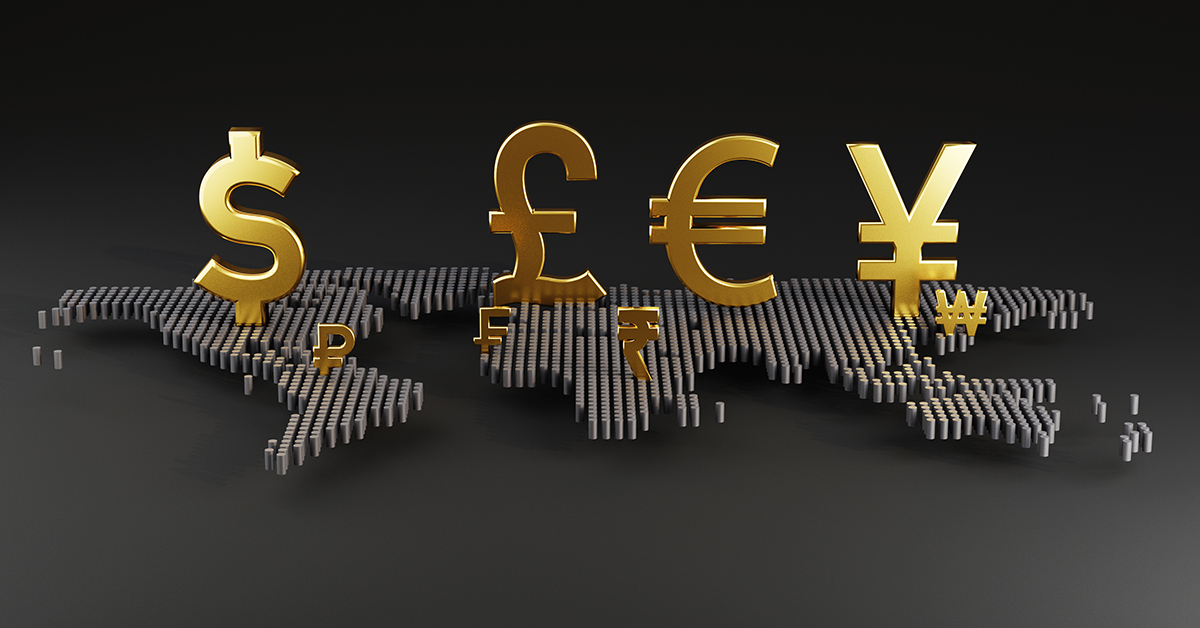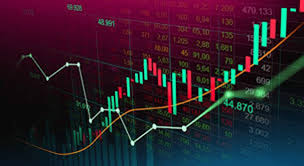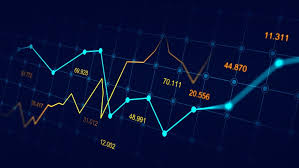
Forex trading has gained immense popularity over the years, with many individuals seeking to capitalize on the fluctuations in currency values. If you’re considering diving into this lucrative market, understanding the role of forex trading online broker India Brokers and selecting the right online broker is essential. In this article, we’ll explore the key aspects of forex trading online brokers, their functions, the features to look for, and other important considerations to enhance your trading experience.
What is Forex Trading?
Forex, or foreign exchange, is the act of exchanging one currency for another in the global market. Trades are made on the currency pairs, where one currency is bought and the other is sold. The forex market operates 24 hours a day, making it one of the most dynamic trading environments in the financial world.
The Role of Online Brokers in Forex Trading
Online brokers serve as intermediaries between individual traders and the forex market. They provide platforms that allow traders to execute trades, access market analysis, and utilize various trading tools. Online brokers vary widely in their offerings, and finding the right one can significantly impact your trading success.
Choosing the Right Forex Online Broker

When it comes to choosing an online broker for forex trading, there are several factors to consider:
- Regulation: It’s crucial to select a broker regulated by a recognized authority. Regulatory bodies ensure that brokers adhere to specific standards, providing a level of safety for traders.
- Trading Platform: The trading platform should be user-friendly and equipped with the necessary tools for analysis and trade execution. Popular platforms include MetaTrader 4 (MT4) and MetaTrader 5 (MT5).
- Spreads and Commissions: Understanding the costs of trading is vital. Brokers might charge spreads (the difference between buying and selling prices) and commissions, which can affect your profitability.
- Leverage: Leverage allows traders to control larger positions with a smaller amount of capital. Make sure to understand how leverage works and select a broker that offers a reasonable leverage ratio.
- Customer Support: Quality customer service is essential. Ideally, you want a broker that offers multiple channels of support, including live chat, email, and phone support.
- Educational Resources: Some brokers provide educational materials and resources for traders. These can be valuable, especially for beginners looking to learn more about forex trading strategies and risk management.

Types of Forex Brokers
There are several types of forex brokers, and understanding their differences will help you make a better decision:
- Market Makers: These brokers typically set their own prices and act as the counterparty to their clients’ trades. They may offer fixed spreads but might also have a conflict of interest as they can profit from losses that traders incur.
- ECN Brokers: Electronic Communication Network (ECN) brokers connect traders directly to the interbank market. They usually charge lower spreads and allow for more competitive pricing. However, they might charge a commission on each trade.
- STP Brokers: Straight Through Processing (STP) brokers route trades directly to liquidity providers. This means that trades are executed instantly, and they offer a blend of market maker and ECN features.
- DMA Brokers: Direct Market Access (DMA) brokers provide advanced trading tools and allow traders to access the market without the involvement of a dealer, which can facilitate faster execution.
Benefits of Using an Online Forex Broker
Utilizing an online forex broker comes with several advantages:
- Accessibility: Online brokers allow traders to access the forex market from anywhere in the world, as long as they have an internet connection.
- Advanced Tools: Many brokers offer sophisticated charting tools, market analysis, and algorithms that can improve your trading decisions.
- Diverse Options: Traders can access a wide range of currency pairs and other assets, allowing for diversified trading strategies.
- Automated Trading: Many brokers provide options for algorithmic or automated trading, which can help in managing trades and implementing strategies without continuous manual intervention.
Risks of Forex Trading
Despite the numerous benefits, forex trading is not without its risks:
- Market Volatility: Currency values can fluctuate rapidly, leading to potential losses if not managed properly.
- Leverage Risk: While leverage can amplify profits, it also increases the potential for significant losses, especially for inexperienced traders.
- Emotional Trading: Traders may feel pressured to make quick decisions based on market movements, leading to emotional and irrational trading behaviors.
Conclusion
In conclusion, choosing the right forex trading online broker is crucial for anyone looking to participate in this exciting financial market. By understanding the different types of brokers, their features, and the inherent risks involved, traders can make informed decisions that align with their trading strategies and financial goals. Foster a disciplined approach to trading, continue educating yourself, and always be aware of market conditions to enhance your forex trading experience.